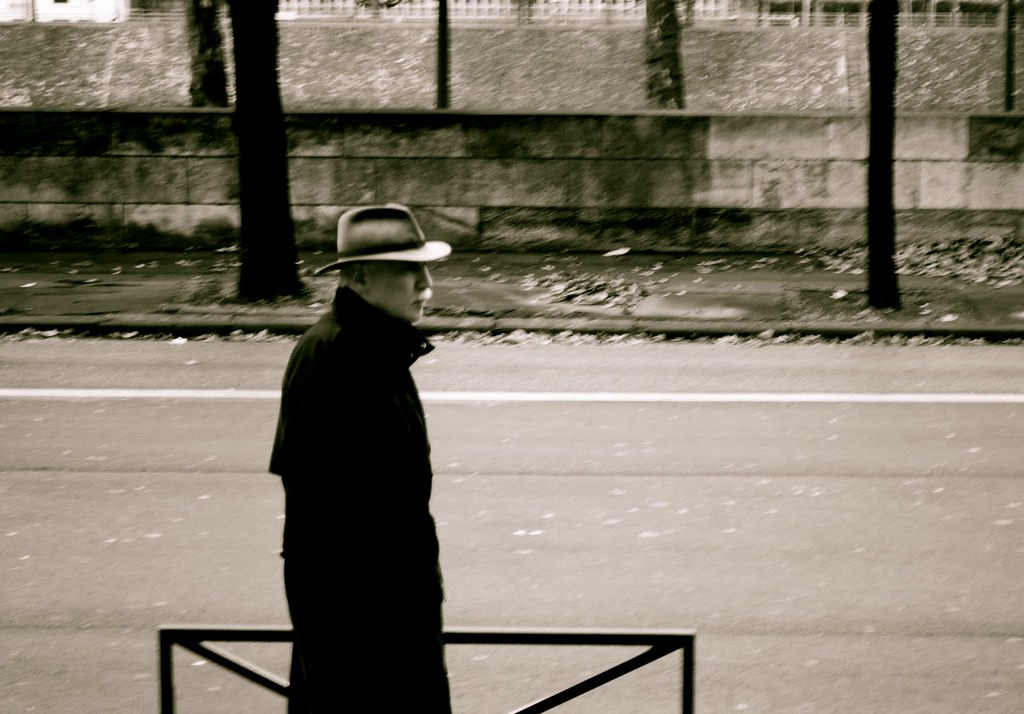What does surrealism tell us now? It’s been nearly 140 years since Rimbaud stopped writing, but I was reading Amin Khan’s Vision of the Return in Dawn-Michelle Baude’s translation when I came across the following piece:
I saw the corpse of the plum tree
of the camel his splattered guts
the soiled tears of the child
the sniffle of orphan light
I abandoned the pursuit of art
to sleep for eternity
under the fevered feet of my children
It’s that second stanza that stopped me cold. It seems like such a puffy, overwritten way to say I chose death over art that it calls to mind Pound’s old dictum that poetry needs to be at least as well written as prose. Now I’ve known Baude’s work for decades and I trust her judgment, as well as that of Post-Apollo Press, well enough to know that Khan cannot be an insignificant figure, and that this is not apt to be a blundering translation.
For the most part, the early sections of Khan’s book are spare, a kind of muted expressiveness that can be quite effective. Nothing before suggests that this comic flight is intentional & knowing that Khan first published this book in 1989, when he was in his early 30s, doesn’t much help. Rather, I think what Khan is doing here is signaling an allegiance to the surreal, as such, something he’s done elsewhere in this volume, perhaps with less pathos.
Which brings me to the question of what does it mean? As an Algerian writing in French, it’s not an insignificant move. Vision was the third of Khan’s books, and the third to be published in French in Algeria, although Khan comes from a revolutionary family in Algiers and has worked as a diplomat for various global agencies (UN, UNESCO, The World Bank). The work’s relationship to the life is obviously complex.
My question has at least two aspects to it. One is what does it mean for someone from a former French colony, writing in French, to adopt the stance of an historic – albeit dated – avant-garde? The other, the one that itches at me still, is the problem of what does it mean to write a stanza whose primary message would seem to be surrealism, as if Khan had simply raised a large banner: SURREALISM HERE.
Obviously the meaning of surrealism in France, where it was principally the poetry of sophisticates between two catastrophic wars, is very different from what it has been in the United States, where it has more often been a code for “Europeanness,” not in the sense of death camps & carpet bombing so much as chardonnay & Gauloises. Khan himself aligns the book with his own sense of doom at the Algerian political situation in the late 1980s as Arab nationalism began to devolve into the civil war of the following decade.
But I’m reminded of what Robert Grenier wrote about speech, himself echoing what William Carlos Williams once had written about the sonnet – that at a certain point in history an established mode of writing simply is the past dragged on as formal habit. That it can only say itself, so that little or nothing can actually be said with it. That might not be true of surrealism in France, Algeria or any of the former French colonies, but it’s very difficult to negotiate stateside.
If you examine that second stanza more closely, you will note that Khan is associating death here with domesticity, suggesting that to look to the family as a respite from the coming slaughter – the first stanza is clear enough – is a coward’s mode of survival. One might associate Khan’s indictment here of the domestic with Milan Kundera’s not dissimilar portrayal of libidinal life in Soviet-era Czechoslovakia. There is more going on in that second stanza than my first read-through could see.
But what I get is this unresolvable cognitive dissonance between what this poem – and that second stanza – are and do in Khan’s life & work, and what it means to come upon it in America some 23 years hence. It’s possible to build an intellectual bridge to the context in which Khan’s poem can be read as shattering, but it’s something very different to experience it.






